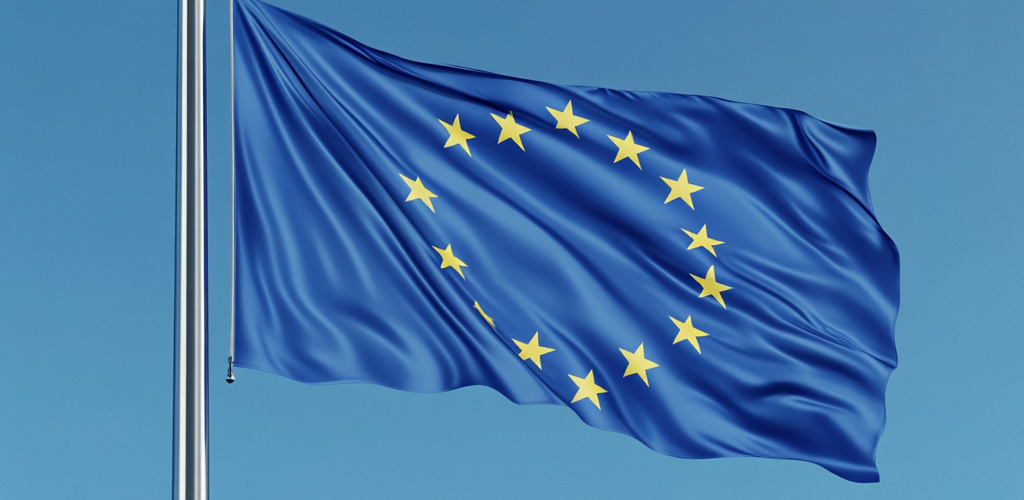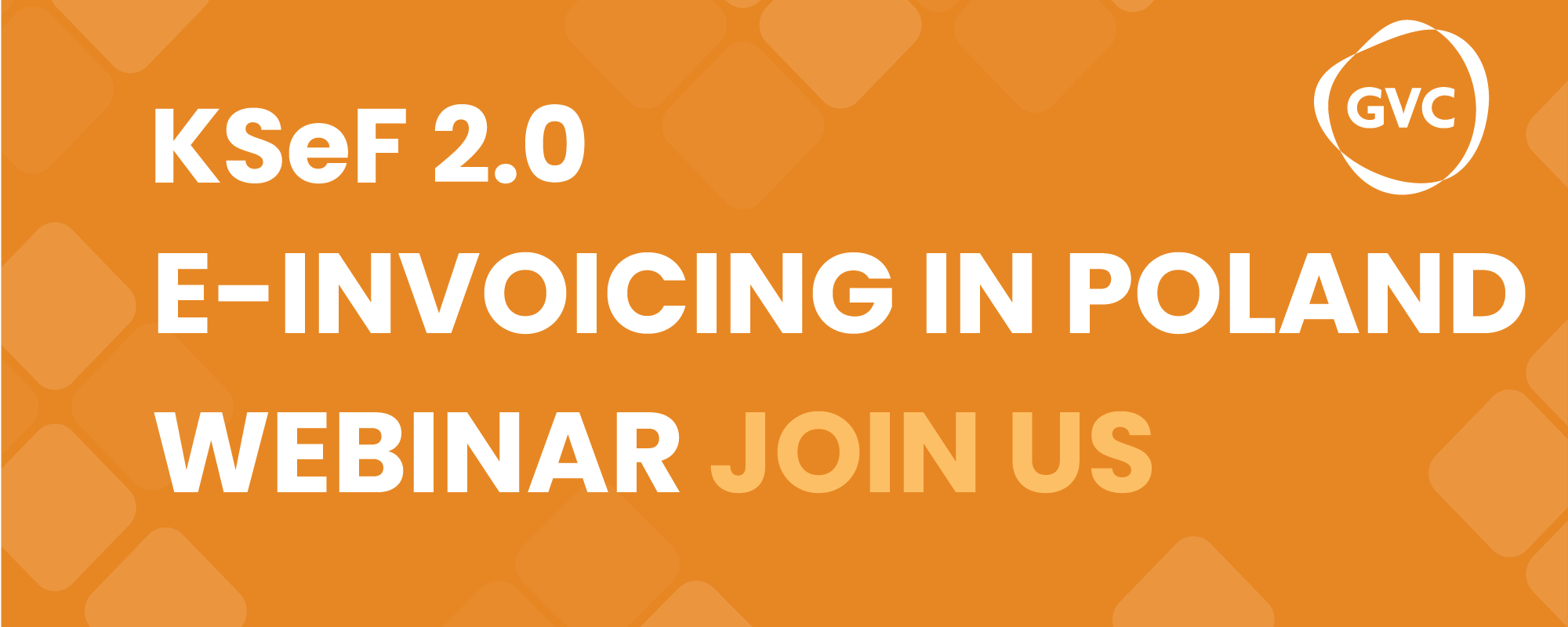- VAT Payment Upon Importation: Businesses importing goods from non-EU countries must typically pay both customs duties and VAT immediately upon customs clearance in the EU country, leading to cash flow challenges as VAT can only be recovered later in the VAT return.
- Deferral Mechanisms: To alleviate this cash flow burden, EU Member States have implemented mechanisms such as postponed accounting and deferred payment for import VAT. Postponed accounting allows businesses to account for import VAT in their periodic VAT return, while deferred payment enables the delay of VAT payment for a designated period.
- Implementation Across Member States: All EU Member States have adopted either postponed accounting or deferred payment measures, with specific conditions varying by country. Businesses should understand the applicable mechanisms in their Member State to effectively manage and mitigate VAT prefinancing issues.
Source:
Latest Posts in "European Union"
- Comments on GC T-646/24: Simplification measure for triangular transactions applicable to fourth link in the chain
- Comments on T-643/24: Playing Music Without Required License Is a Taxable Service
- GC VAT Case T-363/25 (UNIX) – Order – VAT deductions can not be denied solely due to invoice trustworthiness if the underlying transactions occurred
- PEM Zone: Implementation Status and Legal Fragmentation of Revised Origin Rules from January 2026
- Innovative Customs Education Workshop Spurs Collaboration; Final Chance for Universities to Apply for EU Recognition














